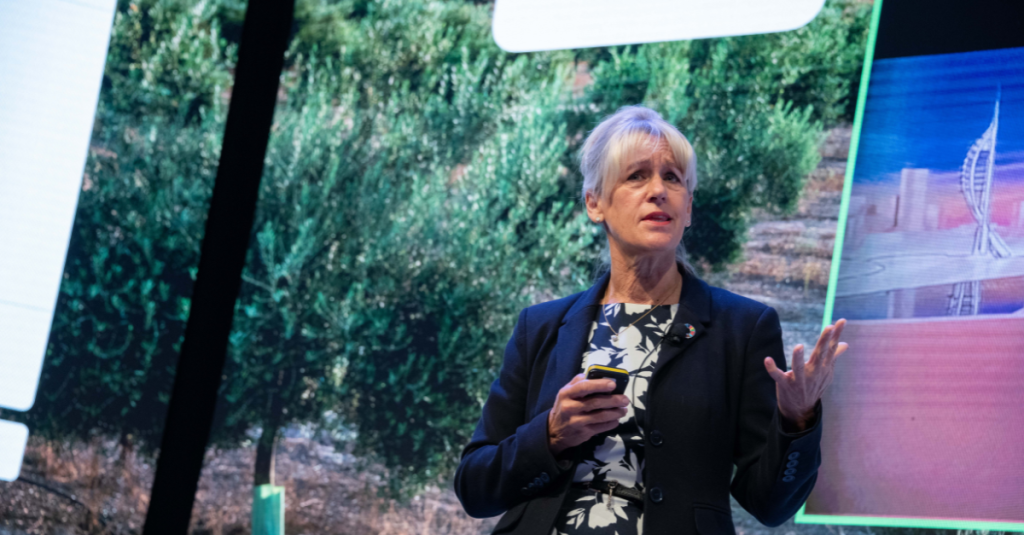Travel companies are urged to integrate nature into their financial strategies.
- Minette Batters emphasises the need for bold sustainability decisions at Abta’s Travel Convention.
- The role of government in supporting sustainable business practices is highlighted.
- Industry leaders from easyJet holidays and MSC Cruises discuss their sustainability efforts.
- A call for innovative approaches to achieve substantial progress in sustainability.
In a significant address at Abta’s Travel Convention, Minette Batters, the former president of the National Farmers’ Union, made a compelling case for travel firms to ‘put nature on the balance sheet’. She argues for the integration of sustainability into the industry’s core financial strategies to facilitate meaningful change. Batters articulated the necessity of developing a cohesive metric focused on sustainability that can be universally adopted by businesses.
Furthermore, she underscored the imperative for the middle layer of government, ranging from civil servants to scientists, to lead globally on sustainability. She stated, “There is a pressing need for businesses to have the machinery of government step up.” This call reflects a broader need for systemic governmental support in driving sustainable practices.
Industry stakeholders are responding positively to sustainability challenges. Notably, Matt Callaghan, Chief Operating Officer of easyJet holidays, illustrated their robust commitment with a dedicated sustainability team of 350 people. Their approach emphasises broad participation across the company’s divisions to foster effective change. Callaghan remarked on the complexities inherent in implementing certain policies but acknowledged that proactive corporate decisions can catalyse industry-wide transformation.
Parallel to these efforts, Linden Coppell, Vice President of Sustainability and ESG at MSC Cruises, shared insights into their strategy. Coppell highlighted the importance of educating at the board level and implementing concrete governance practices to integrate sustainability into all facets of operations. She highlighted consumer expectations for responsible practices, suggesting an industry obligation to meet these expectations.
Coppell elaborated on the comprehensive approach taken by MSC Cruises, examining sustainability through various lenses such as emission reduction, material use, and onboard product sustainability. She advocated for an end to selective sustainability practices in favour of a more scientifically grounded approach.
Both speakers, Callaghan and Coppell, urged companies to take determined actions rather than performative ones, reinforcing the notion of ‘bold decisions’ as a catalyst for authentic sustainability in travel.
The travel industry’s path to sustainability requires deliberate, company-wide shifts and informed governmental support, as advocated by key industry leaders.

